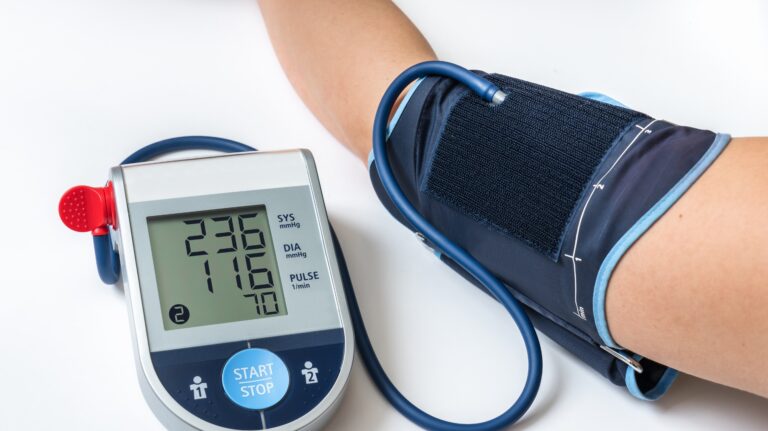How Can I Tell if I’m Eating Too Much Salt?

Salt is one of the most common ingredients in our kitchens. We sprinkle it on our food, use it in cooking, and find it in nearly every packaged product on store shelves. While our bodies need some salt to function properly, consuming too much can lead to serious health problems.
But how do you know if you’re going overboard?
Why Does Your Body Need Salt?
Salt contains sodium, a mineral that plays a vital role in regulating fluid balance, transmitting nerve signals, and supporting muscle function. However, our bodies need only a small amount to meet those needs — about 500 mg per day. The problem is, many people consume far more than that. Health experts recommend limiting daily sodium intake to no more than 2,300 mg — roughly one teaspoon of salt.
If your current diet food meal plan includes a lot of processed or convenience foods, chances are you’re consuming well beyond this limit — even if you rarely reach for the salt shaker.
Where Salt Hides in Your Diet
You might assume your salt intake is under control if you don’t add much at the table. But the bulk of dietary sodium doesn’t come from what you add — it comes from what’s already in your food. Processed meats, canned goods, sauces, breads, chips, and restaurant meals are typically high in sodium. Even so-called “healthy” packaged meals can be surprisingly salty.
This is why reviewing your daily diet meal plan is essential if you’re serious about cutting back on sodium.
Signs You May Be Eating Too Much Salt
Not sure if your sodium intake is excessive? Here are some common symptoms and clues:
You Feel Bloated or Puffy
Excess sodium causes water retention. This can make you feel bloated, especially in your face, hands, ankles, or feet. If your rings feel tight or your shoes seem snug after a salty meal, it’s likely related to water buildup.
Your Blood Pressure Rises
Salt affects blood pressure by causing your body to retain water. This extra fluid puts pressure on your blood vessels, which can increase your risk for heart disease. Regular high readings might be a red flag that your salt intake needs attention.

3. You’re Often Thirsty
Too much salt can dehydrate you, prompting frequent thirst. If you find yourself reaching for water constantly — especially after meals — it might be your body’s way of trying to dilute high sodium levels.
4. You Get Frequent Headaches
For some people, high sodium intake can lead to headaches, possibly due to its effects on blood pressure and hydration levels.
5. Your Bathroom Habits Change
Salt impacts kidney function and fluid retention. You may notice more frequent urination as your body tries to flush out the excess, or the opposite — reduced output due to fluid buildup.
6. Your Stomach Feels Off
While not as common, some studies link high sodium intake with stomach issues like ulcers and increased acidity. Processed salty foods often contain other additives that further disrupt digestion.
Why It’s Worth Cutting Back
Over time, too much salt can lead to:
Chronic high blood pressure
Heart disease and stroke
Kidney disease
Osteoporosis, as sodium may cause calcium loss
Increased risk for stomach cancer in some populations
If your balanced diet meal plan is heavy on salty or processed foods, these risks could build up silently.
Tips to Manage Your Salt Intake
Reducing sodium doesn’t mean your meals have to be bland. Consider these strategies:
Read labels. Choose low-sodium or no-salt-added versions
Cook more at home so you control ingredients
Flavor with herbs, spices, lemon, or vinegar, instead of salt
Rinse canned foods like beans and vegetables
Ask for dressings and sauces on the side when dining out
Choose fresh foods like fruits, vegetables, and lean proteins

Creating a healthy diet plan that’s lower in sodium doesn’t have to be complicated. It starts with awareness and a few mindful changes.
Too much salt in your diet can sneak up on you. If you’re feeling bloated, thirsty, or noticing changes in your blood pressure or energy levels, it might be time to re-evaluate your sodium intake. Adjusting your diet food meal plan to include more whole, unprocessed foods can make a big difference in your health and energy.
If you’re not sure how to start or feel overwhelmed by food labels and nutrition advice, Halcyon Nutrition can help. Our registered nutritionist-dietician works closely with you to build a balanced diet meal plan that fits your lifestyle, goals, and even your taste preferences. Whether you’re working to reduce salt, manage a health condition, or simply want to feel better day to day, we’ll help you create a healthy diet plan that supports your long-term well-being — one meal at a time.
Sharing is caring!


